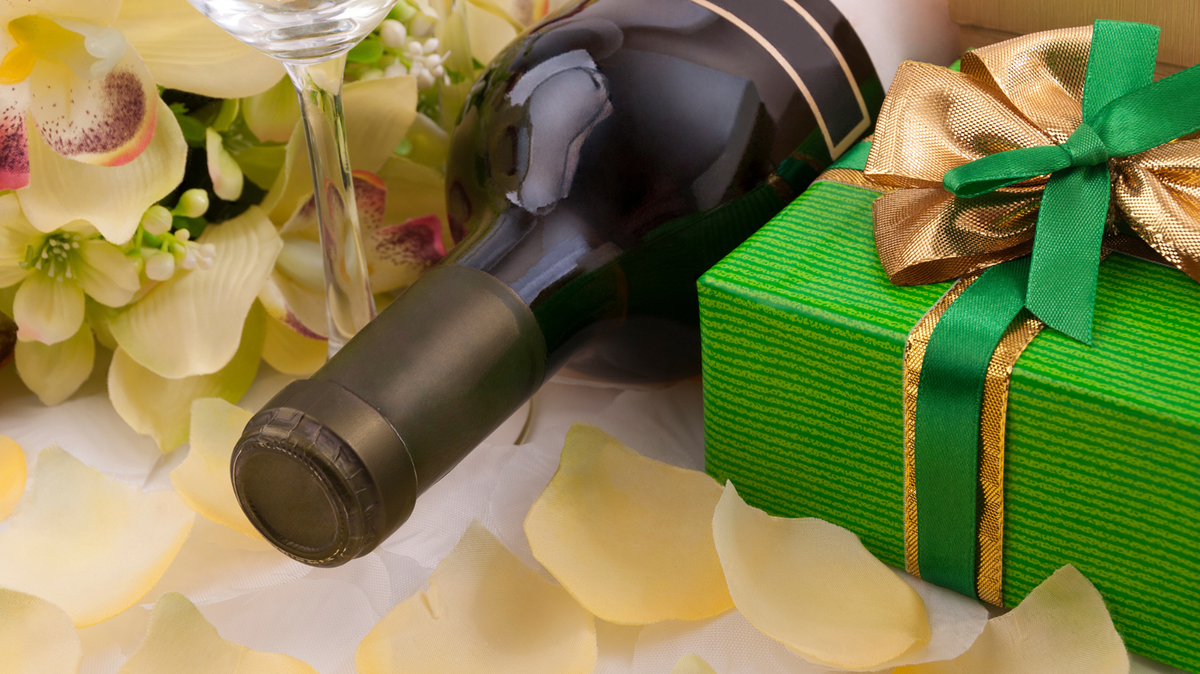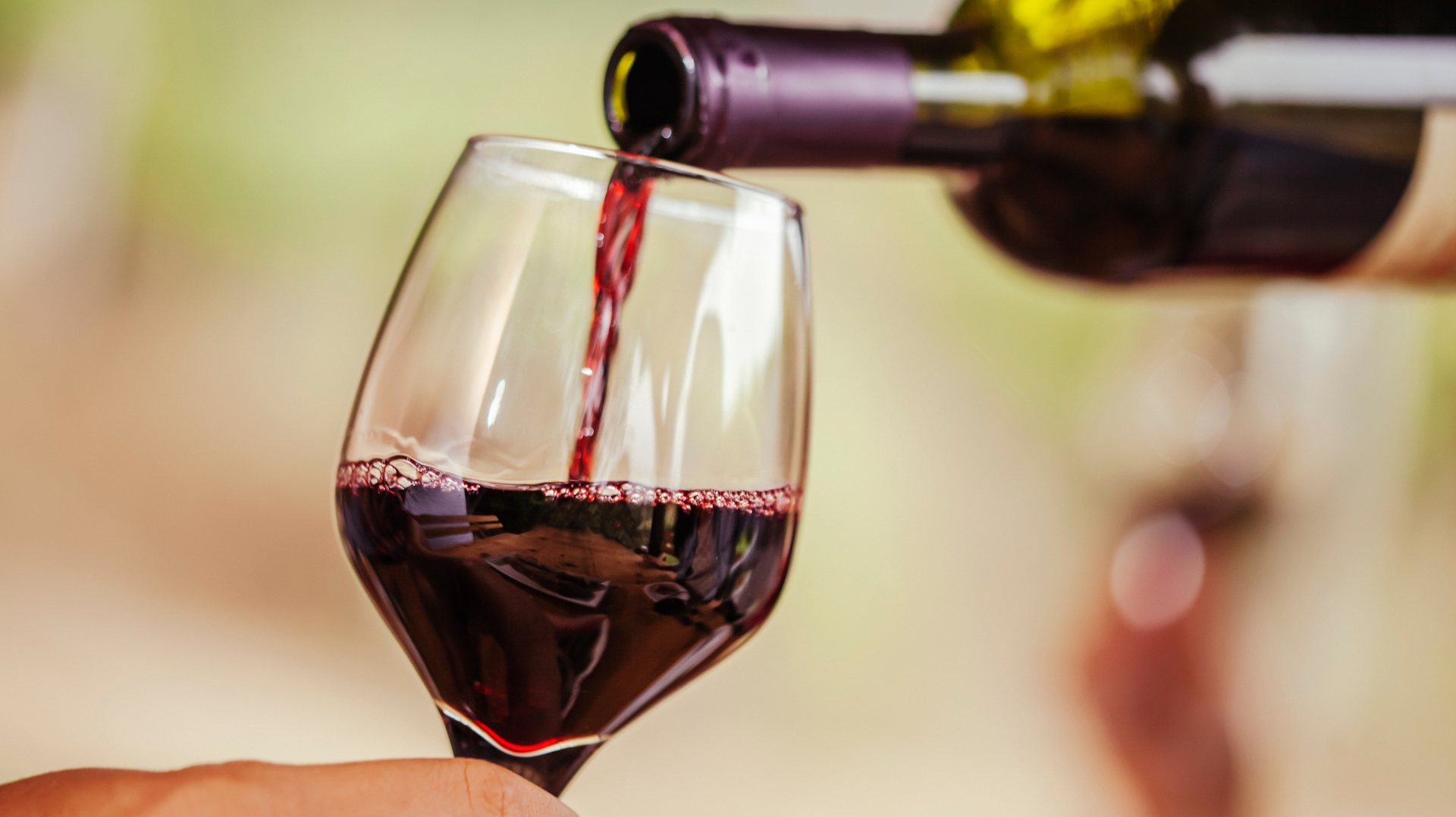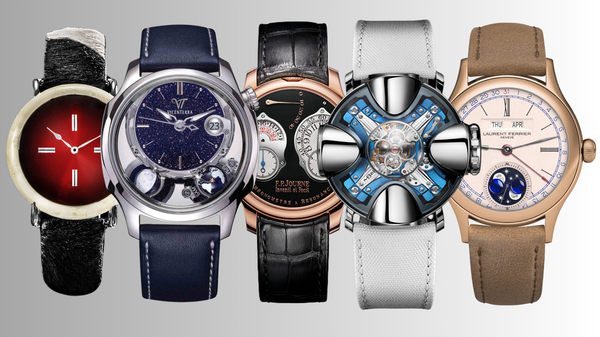What to Do with a Bottle of Wine You’ve Received
Receiving a bottle of wine as a gift is a gesture steeped in tradition and cultural significance. Understanding how to handle such a gift with the appropriate etiquette can enhance your hosting skills and honour the thoughtful gesture.

The practice of gifting wine dates back to ancient civilisations where it symbolised more than just a beverage. In ancient Greece and Rome, wine was considered a sacred gift. It was used in religious ceremonies and as a diplomatic tool to solidify relationships between leaders. The Greeks revered wine not only for its pleasure but also for its association with the gods, particularly Dionysus, the god of wine and festivity.
During the Middle Ages, wine became a significant marker of social status. It was frequently gifted by royalty and nobility to express wealth and prestige. As Europe entered the Renaissance, the art of winemaking and the culture surrounding it flourished, making wine a prized gift at lavish banquets and important gatherings.
In contemporary times, the tradition of giving wine has adapted to modern practices but retains its essence of thoughtfulness and celebration. Wine is often chosen as a gift for a variety of occasions such as birthdays, anniversaries, and holidays. It reflects an understanding of the recipient’s tastes and a desire to offer something of quality and distinction.

The etiquette of handling gift wine
When you receive a bottle of wine, it may be tempting to open it immediately. However, etiquette suggests that it is more appropriate to wait before uncorking a gift bottle. Opening the bottle on the night it is received could inadvertently suggest that you were unprepared for the event or that the wine was a last-minute addition.
Instead, consider setting the bottle aside for a future occasion. This not only respects the gift but also allows you to enjoy it in a more fitting context. For instance, you might save the wine for a special dinner, a celebration, or a significant event where its quality can be truly appreciated.
Effective organisation is key when managing gifts, including wine. Setting up a dedicated area in your home, such as a console table or a designated gift station near the entryway, can be helpful. This space can be used to display wine, flowers, and other presents, ensuring they are properly acknowledged and appreciated.
To keep track of who gave what, especially in the case of a large number of guests, use a simple method: write the name of the person who gifted the bottle on the label. This small note will help you remember whom to thank later and make it easier to personalise your gratitude.
Serving wine at your event
When hosting an event, it’s generally recommended to serve wine from your collection rather than the gifts you’ve received. Serving from your stock ensures that the wine pairs well with your meal and meets your guests’ preferences.
To create a memorable experience, ensure that your wine cellar is well-stocked with a variety of wines. Include reds, whites, and sparkling wines to cater to different tastes and occasions. Additionally, provide a selection of non-alcoholic beverages for guests who do not consume alcohol. This inclusive approach demonstrates consideration and hospitality.

Additional tips for enjoying gift wine
Proper storage: Proper storage is crucial to maintaining the quality of the wine. Store the bottle in a cool, dark place, ideally on its side if it has a cork. This prevents the cork from drying out and keeps the wine in optimal condition.
- Wine tasting: If you’re curious about the wine’s characteristics, consider hosting a small wine-tasting event. Invite friends or family to join you in exploring the wine’s flavours and aromas. This can be a fun and engaging way to appreciate the gift.
- Pairing suggestions: Research pairing options to complement the wine’s style. For example, a robust red wine pairs well with hearty dishes like steak, while a crisp white wine is excellent with seafood. Proper pairing enhances the wine’s flavours and improves the overall dining experience.
- Personal touch: When presenting the wine at a future occasion, include a note or card that references the original gift-giver. This personal touch acknowledges the gesture and adds a layer of appreciation to the event.
- Wine education: Take the opportunity to learn more about the wine you’ve received. Research its region, producer, and varietal characteristics. Understanding the background of the wine can enhance your appreciation and provide interesting conversation points when you enjoy it with others.
Handling a bottle of wine received as a gift involves more than just deciding when to open it. By adhering to traditional etiquette, organising gifts thoughtfully, and serving from your collection, you honour the gesture and enhance your hosting experience.
The tradition of giving wine reflects a rich history of hospitality and social connection. By following these practices, you continue this noble tradition and ensure that each bottle of wine becomes a cherished part of your celebrations. Whether enjoyed immediately or saved for a special occasion, handling the gift with appreciation and respect upholds the time-honoured practice of gifting wine.
By integrating these considerations into your hosting routine, you not only honour the tradition of wine-giving but also elevate your skills as a gracious and thoughtful host, creating memorable experiences for all who gather around your table.





